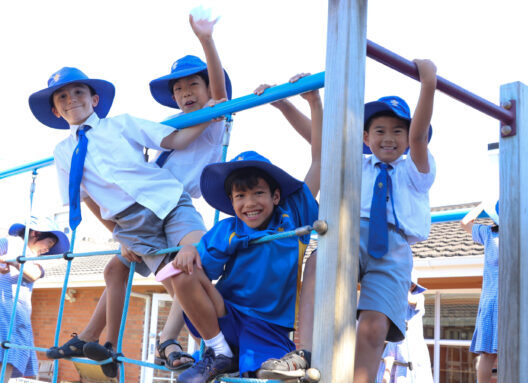It was wonderful to see our students tackling cross country with such determination yesterday, despite the less-than-ideal weather. There were, of course, some who found the prospect quite daunting, but supporting students to manage the daily stresses and strains of life is a crucial component of the education process. We cannot eliminate these challenges. However, with strong support systems we can help our students to develop the skills and tools they need to face manageable risks.
We start by building a caring and trusting relationship with our students, so that when the teacher states their belief in the child by saying “I know that you can do this,” they become empowered to meet the challenge. The Ficino Learning Process purposefully normalises facing difficulties. This stops students feeling despair when they feel stuck. They are taught that, despite feeling uncomfortable ‘not knowing,’ there will be a way forward. They learn to ask for support, ask questions or try again.
Resilience in the classroom is also fostered by delaying instant gratification. Psychology shows that those who can wait for rewards are generally happier and healthier. Accepting that you might need to wait, take turns, share resources and work together sharpens the rational part of the brain involved in decision-making and emotional regulation. In this fast-paced ‘on demand’ world, our methodical practices and step-by-step teaching approaches also help our students to understand that quiet patience and perseverance result in positive outcomes. Rome was not built in a day. Good things take time.
Nurturing a healthy self-image is a vital part of building resilience. Letting the students know that we value their contributions and enjoy their company is essential. We validate their responses when they are overwhelmed, and we are also consistent. Children feel secure when rules, boundaries, expectations and routines are predictable.
Focusing on gratitude and kindness is another strategy. We ask questions to prompt optimism such as, “What did someone do today to make you happy?” or “Did you receive kindness today?” We also celebrate the small wins with lots of positive praise, encouraging students to be generous when peers succeed. This helps reduce self-criticism and criticism of others.
Lorna Spicer, Deputy Principal

